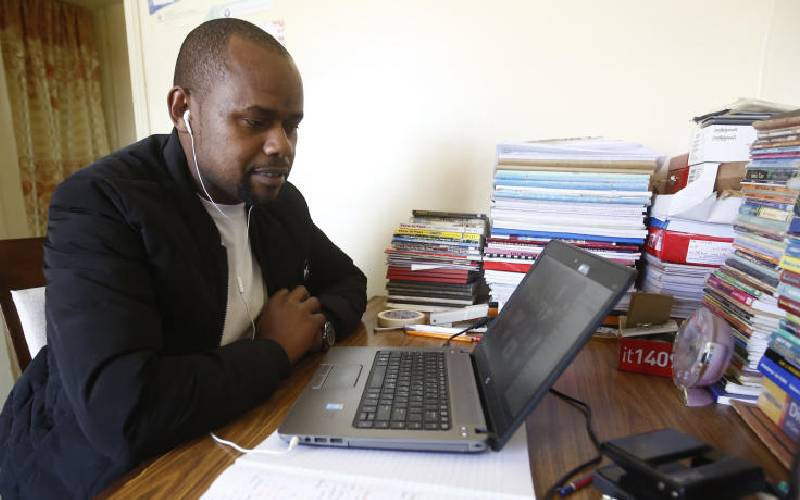×
The Standard e-Paper
Join Thousands Daily

Four years after the Covid-19 pandemic and the shutdown of schools, educators find themselves in a familiar situation with disruption of teaching and learning.
This is after President William Ruto directed the Ministry of Education to postpone the reopening of schools indefinitely.